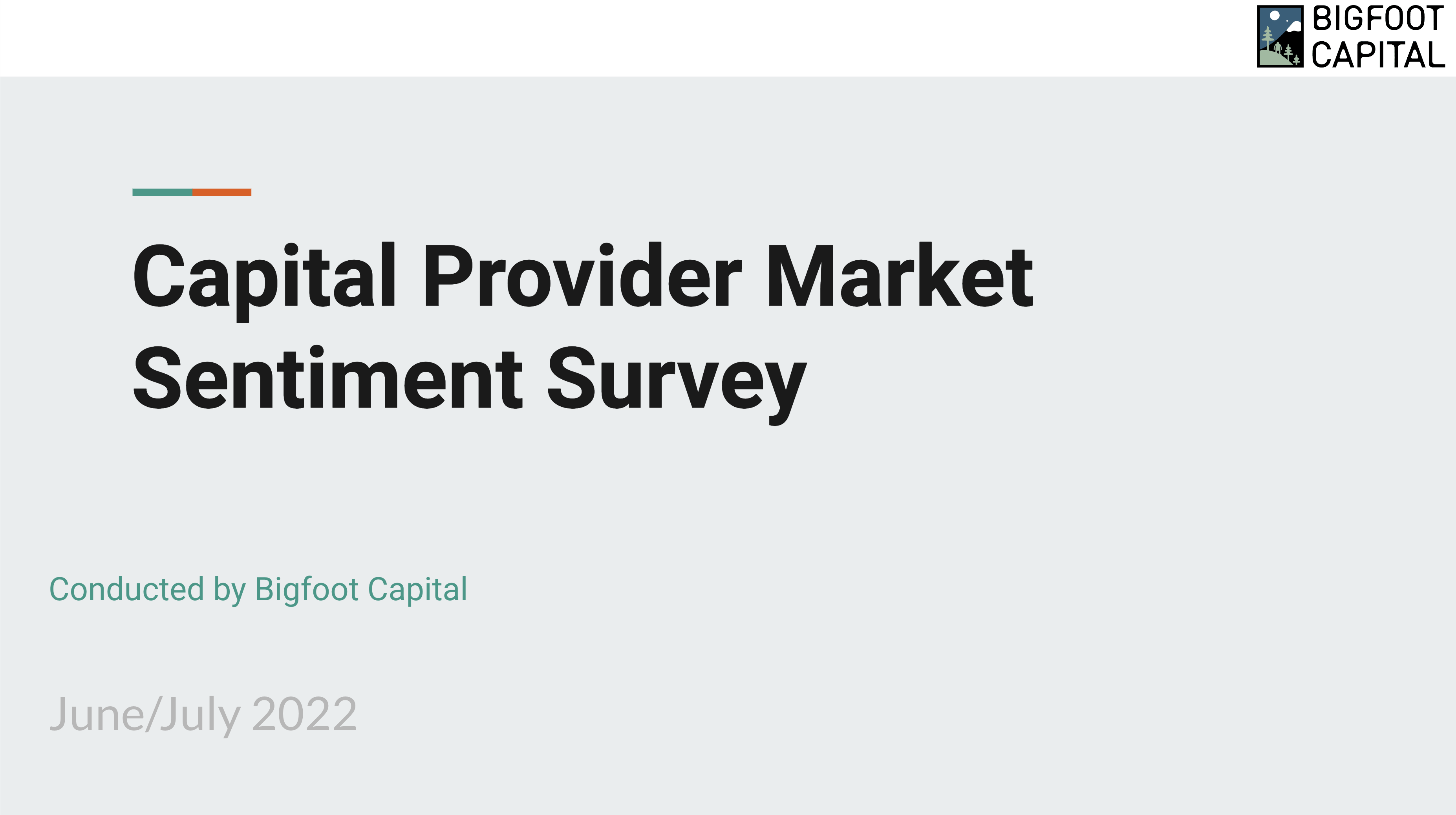
You’ve seeded the latest and greatest SaaS product, and you’re ready to get your startup off the ground. Congratulations.
Now it’s time for a reality check.
When you see the potential market size for SaaS — predicted to soon be worth over $185 billion — it’s easy to assume funding will be pouring in while you sit back and watch your company grow.
But that’s never actually going to happen if you don’t ask your potential investors, and yourself, these five critical questions:
5 Questions SaaS Startups Need to Ask potential investors…
1. What’s your investment decision-making process?
You walk in, give your best five-minute pitch and walk out with a check. Right?
Sorry, but that’s a fantasy. If you’re pitching to a VC, you are one of hundreds to thousands of pitches. You need to suss out as much as you can about your investors before that pitch ever happens.
You need to investigate a few critical things: What the investor’s portfolio looks like, their track record with SaaS companies and the types of pitches they like to see.
2. What’s your timeline?
This is another way of asking: How do I get to a yes or no? You need to know how and when you’re going to get your funding, plain and simple.
If you’re going the angel investor or VC route, it’s not uncommon to receive positive signals only to get ghosted in the end. You need to ask investors straight questions that will get you straight answers — and if you can’t get a clear timeline, it’s time to move on.
And don’t forget to follow up on what happens if you do get a yes. How long will it take for the check to actually come in? What’s the window for negotiations? You can’t build a successful strategy for your SaaS startup if you’re constantly making guesses.
3. What support do you provide?
If you’re working with a VC fund, they’ll undoubtedly want a piece of your SaaS pie. Meaning, equity and probably a board seat.
This can be a supportive role, where you’ll receive mentorship from people who have been there, done that before. Or, it could become a power struggle, and you’ll find yourself struggling to set the course for your own company. There are also investors out there who want nothing more than to drop off a check and look at quarterly reports. For them, it’s not much more than a potential lottery ticket.
You need to know what role your investors will be looking to fill to avoid a potential disaster down the road.
Questions to ask yourself…
4. What kind of business am I trying to build here?
You’re building the next unicorn, the next Dropbox, the next Salesforce, the next — well, you get the idea.
Stop for a minute and ask yourself: Do you really want to become a unicorn, or are you just saying that because you think it’s what VCs want to hear? The truth is it’s extremely rare to turn a startup into a billion-dollar company. By most estimates you have just over a 1 percent chance.
So, what are you really trying to do with your business? Do you really need tens of millions of dollars to achieve your goal, or can you establish revenue streams and market share and take on capital only when you’re ready for explosive growth?
These are critical questions that should dictate what type of funding you take on and when you choose to do it.
5. What type of customers am I looking to acquire?
Before you start looking for capital, consider what type of customers you’ll be going after. If you’re going for big, enterprise-level customers, then sure, you’ll need funding to staff up and meet the demands of big deals.
But what if you approach mid-size or smaller businesses to get things started? You can establish revenue and grow only on an as-needed basis. In that case, there’s no point in giving up equity and bringing on tons of cash that you’ll eventually be expected to recoup.
Raising capital simply for the sake of raising capital isn’t a sustainable model. If you’re a SaaS founder and you don’t know the answer to these questions, it’s time to start asking.
Did these 5 Questions SaaS Startups Need to Ask help? Reach out to us today!








